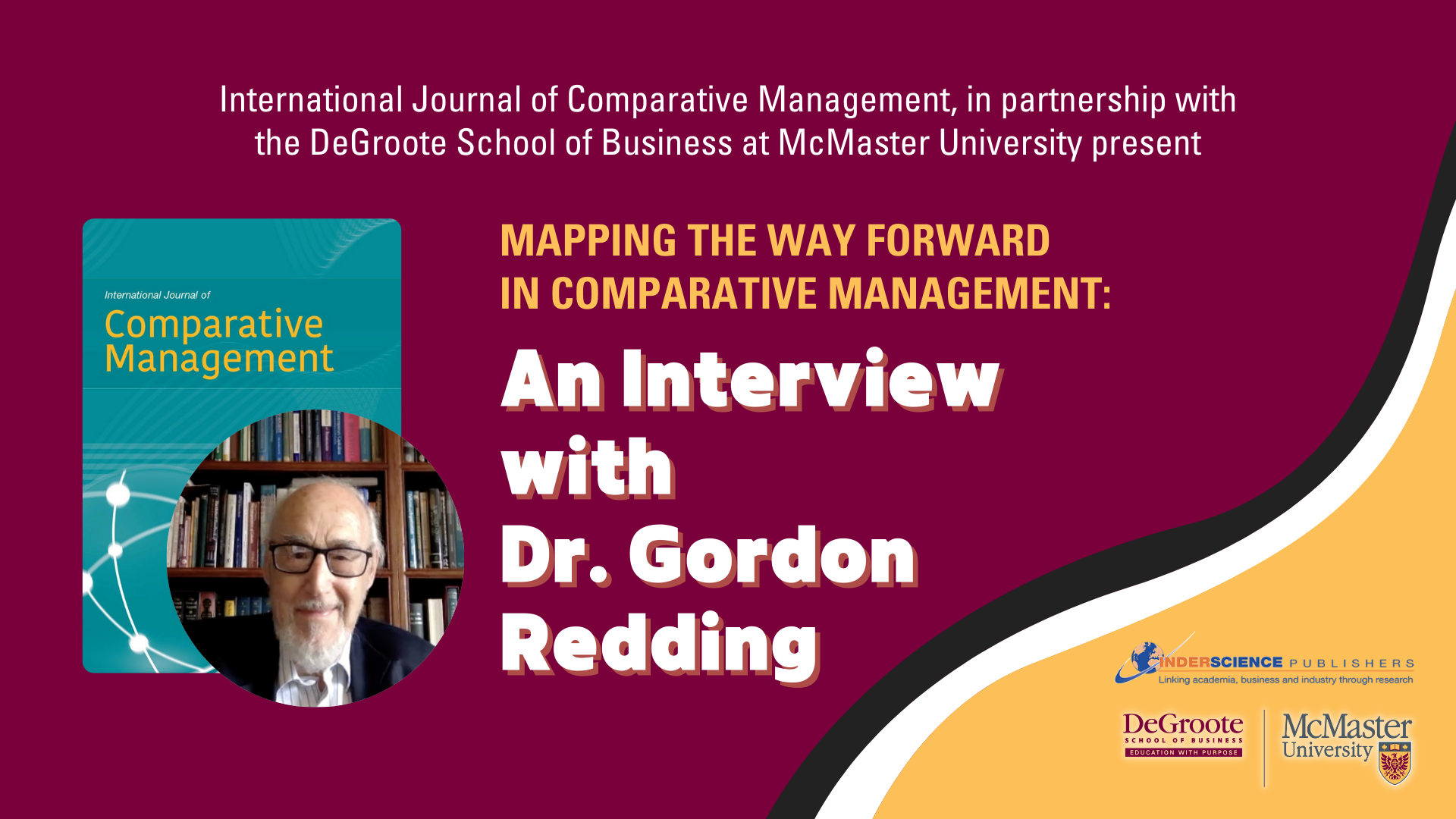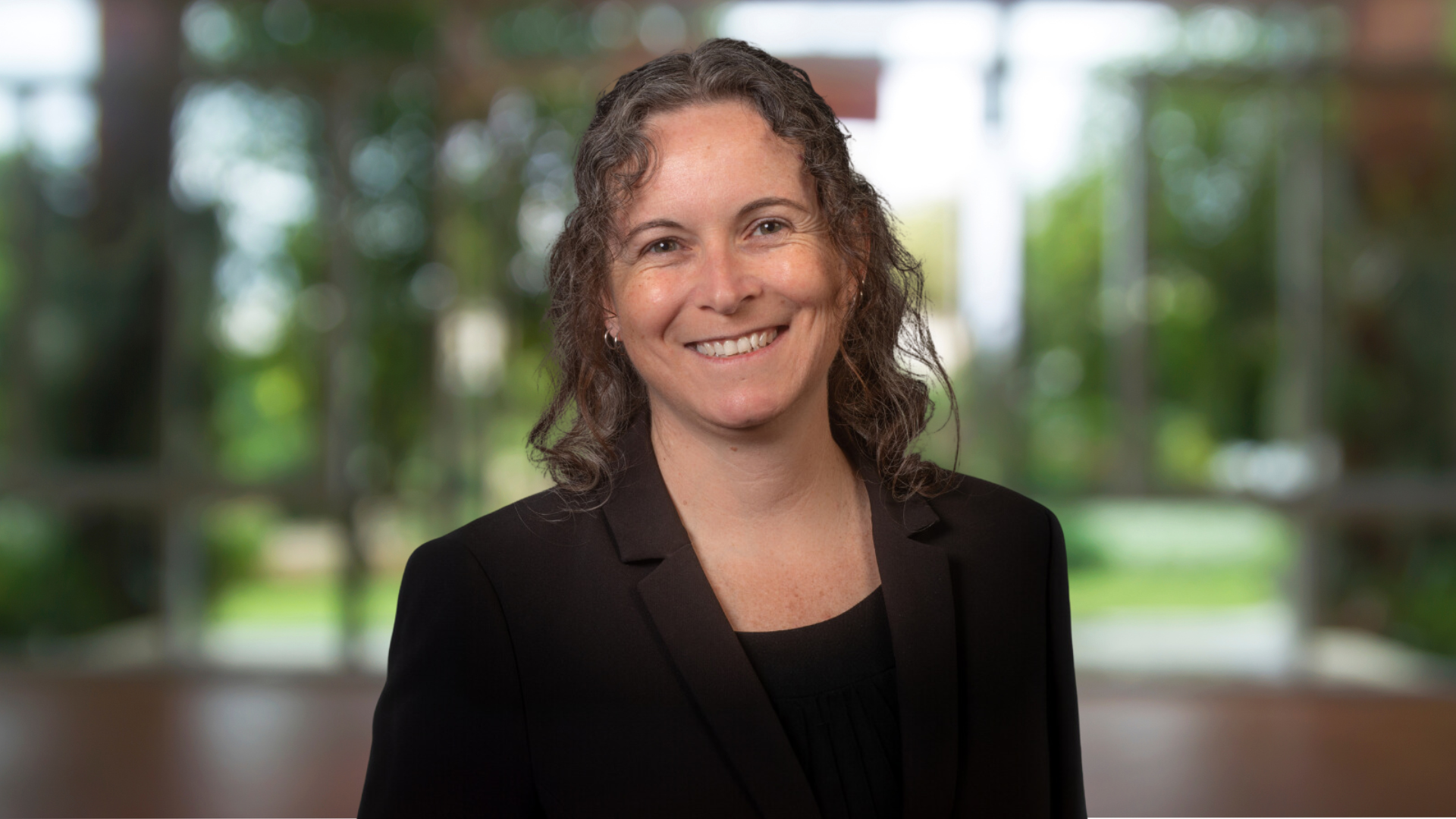RESEARCH STRATEGIC PLAN | RESEARCH AND SCHOLARSHIP
Mapping the Way Forward in Comparative Management: An Interview with Dr. Gordon Redding
October 8, 2021 ·
Contributed by: International Journal of Comparative Management
Share

In conversation with DeGroote professor of HR Management, Dr. Vishwanath Baba
In Dr. Gordon Redding’s seminal paper published in Organization Studies in 1994, he wondered whether comparative management theory was a jungle, zoo, or fossil bed, and offered a new, more sophisticated theoretical approach to comparison. With over 40 years’ worth of experience in research and writing in comparative systems of capitalism, Dr. Redding is a pre-eminent scholar in the field.
As part of a new initiative for the International Journal of Comparative Management, which is currently hosted at the DeGroote School of Business, Dr. Vishwanath Baba sat down with Dr. Gordon Redding to share his thoughts on the progress that has been made, more than 25 years after the publication of his original work.
Redding also reflects on his departure from Hofstede’s theories on cross-cultural organizations. He discusses the importance of comparative investigation and delves into the concepts of societal processes, which feature prominently in his latest work. Dr. Redding’s current research focus is on the comparison of different systems of capitalism and on the role of education and societal progress.
Dr. Redding has elaborated on the transcription of the interview, and the resulting paper will be published in the next issue of IJCM.
IJCM aims to publish mainly comparative studies in all fields of management including accounting, corporate strategy, finance, information systems, international business, human resources, marketing and organisational behaviour. The journal is a focal venue for research grounded in comparative perspectives such as context, ownership, strategy, communication, performance and methods. IJCM invites all forms of comparative investigations leveraging theoretical or empirical observations using qualitative or quantitative methods based on survey, interview or archival data.
To learn more about the journal, visit www.inderscience.com/ijcm . For inquiries about the journal, please e-mail ijcm@mcmaster.ca















